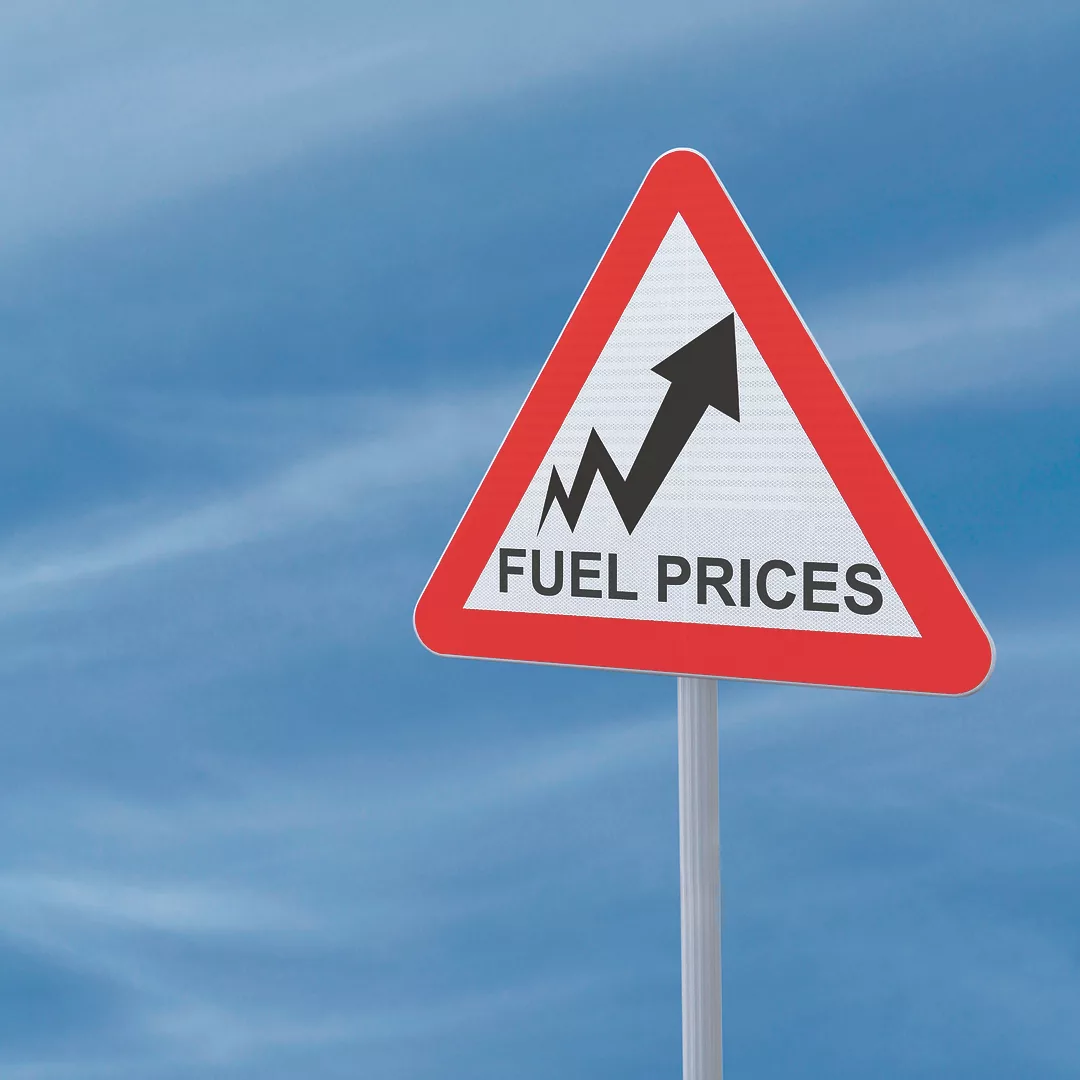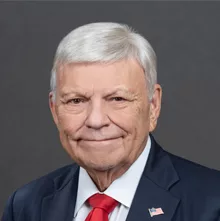By the time this article is printed and viewed, it will be the middle of the third quarter of 2021. The country is experiencing strong demands for critical materials as the United States, in conjunction with other major world economies, emerges from the COVID-19 pandemic recession that resulted in price escalation not seen in a decade.
In addition, the Biden administration’s war on fossil fuels has impacted our energy industry’s production and delivery capabilities, resulting in much higher prices for the consumer. Gasoline at the pump, as of this writing, is averaging more than $3/gallon for regular. In states requiring special blending or impose high fuel taxes, that price could be more than $4/gallon.
A major company, Turner Industries in Paris, Texas, recently announced it will temporarily suspend operations as of Aug. 30, 2021, until further work is booked — another casualty of the Biden administration’s crusade.
Oil, Gas Leases on Federal Property
The energy industry has had some good news as Judge Terry A. Doughty of the U.S. District Court in Monroe, La., says that the Biden administration doesn’t have the legal right to stop leasing federal territory for oil and gas production without the approval of Congress.
Judge Doughty, a President Donald Trump appointee, notes that states suing the federal government, largely southern and coastal states, will be harmed immediately as the pause prevents them from collecting lease bids and bonuses from oil and gas prospectors.
He adds that these states would face “irreparable injury” if the suspension remains in place as they lose money from new lease sales they are legally entitled to share with the government. Drilling on federal land and water generated over $6 billion in government revenue last year, notes the Wall Street Journal.
The suit was filed by the states of Louisiana, Alabama, Alaska, Arkansas, Georgia, Mississippi, Missouri, Montana, Nebraska, Oklahoma, Texas, Utah and West Virginia.
During his first week in office, President Joe Biden directed the Interior Department to suspend the program, among several other initiatives aimed at addressing climate change.
Texas joined the efforts to combat the war on oil and gas. Gov. Greg Abbott signed a law June 14 banning state investments in businesses that cut ties with the oil and gas industry. Boycott Texas and Texas will boycott you.
Pipeline News
In Minnesota, the Enbridge Oil Pipeline gets a key win as the Minnesota Court of Appeals affirmed a state regulator’s decision that there is sufficient need for Enbridge to replace its Line 3 pipeline, handing the Canadian company a crucial victory in its lengthy battle with environmental opponents.
TC Energy Corp., the Canadian company which was building the Keystone XL pipeline before its permit was canceled by President Biden through an executive order, announced July 3 that it will initiate a North American Free Trade Agreement (NAFTA) claim to seek more than $15 billion in damages to the company caused by the permit’s cancellation. This comes weeks after it announced it would abandon the project.
The company claims the U.S. government breached its NAFTA obligations and that it has the right to file the claims under the United States-Mexico-Canada Agreement TC Energy’s notice of intent to file the claim was sent to the U.S. Department of State, Office of the Legal Advisor, according to a press release.
John Kilduff, a well-known trader and founding partner of Again Capital, indicated on July 6 that he does not think crude pricing will reach $100 a barrel, despite the fact that demand will continue to outpace supply. Kilduff told CNBC he expects to see a leveling at around $80 to $85 a barrel. In addition, he states that environmental coin earns will slow the expansion of new production, calling the U.S. policies “a war on hydrocarbons.”
According to the U.S. Energy Information Administration’s updated Liquids Pipeline Database, 17 liquid pipeline projects have been announced or are currently under construction in 2021. Of those, 10 are new pipelines and seven projects are expansions or extensions of existing systems.
Industrial Manufacturing, Chemical Construction
The U.S. Rocky Mountains Region — consisting of Arizona, Colorado, Montana, New Mexico, Nevada, Utah and Wyoming — is seeing increased activity for industrial manufacturing construction. Construction starts projected for third-quarter startups have a combined value of more than $11 billion.
Just as in other regions, the Rocky Mountain Region is experiencing an unprecedented buildout in data centers, accounting for more than $1 billion in planned third-quarter startups.
The Great Lakes Region (Illinois, Indiana, Kentucky, Michigan, Ohio and Wisconsin) also is experiencing an increase in industrial activity. The industrial manufacturing industry sector leads in overall total investment value (TIV) estimated at more than $19 billion.
One of the highest-valued projects is the one planned to start later in the year in Dale, Ind., and that is a grassroots fuel conversion facility. The facility plans to use 1.6 million tons/year of coal as feedstock to produce 4.8 million barrels of clean diesel and 2.5 million barrels of naphtha/year.
The U.S. chemical processing industry is seeing stronger demand for petrochemical products, specialty chemicals, plastics and other goods fueled by the accelerated economic recovery in the second half of 2021. More than $577 million is scheduled for maintenance-related projects at U.S. chemical plants for third-quarter starts, notes Industrial Info Resources.
The two largest turnarounds are at petrochemical plants along the Louisiana Gulf Coast: Exxon Mobil Corp. in Baton Rouge, La., and Westlake Chemical Corp. Petro 2 in Sulphur, La.
Increases in Prices, Lead Times, Shipping Costs
Rising prices, lengthened lead times coupled with rising handling and shipping costs for offshore PVF products (including, but not limited to, carbon steel butt-welding fittings and forged-steel flanges) emphasize the need to focus on more reliable domestic sourcing.
Recent industry-wide price increases for offshore and domestic butt-welding carbon steel fittings and forged-steel flanges are a reflection of rising costs.
Trucking, container shipments, port congestion constraints and overall rate increases will continue to be major issues confronting the supply chain through 2021 and into 2022. Capacity will remain strained, especially shipments from West Coast ports. Also, containers are stacking up at Midwestern terminals due to the lack of truck chassis.
As the holiday shopping season approaches, additional delays are on tap, coupled with seasonal surcharges. A continued high level of imports and an anticipated strong back-to-school and holiday season will continue to strain transpacific capacity during the usual peak summer shipping rush preceding the holidays.
The partial shutdown of the key Chinese port of Yantian is shaping up to be a larger mess than the March 2021 Suez Canal blockage. Fifty ships and 350,000 containers are backlogged, adding to shipping delays.
Additional price increases are expected as escalation in steel, seamless pipe, shipping materials, lubricants, energy, labor and transportation costs continues to be persistent. It’s highly recommended that you continue to communicate regularly with your manufacturers/suppliers to avoid stockouts, unexpected delays in shipping and unexpected price increases.
PVF Roundtable News
The fourth 2021 Networking Meeting will be held Oct. 12, beginning at 4:15 p.m. (CDT) at The Bell Tower on 34th in Houston.
The golf tournament and TroutBlast are the two major fund-raising events held by the PVF Roundtable Charitable Foundation. Funds raised are dedicated to the PVF Roundtable scholarship programs.
As a member of the board of directors, and I speak for all members, we thank you for your participation in these events.
The networking meetings are a unique venue for you and your associates to network with your peers in the PVF industry. These events provide the platform to share information, discuss pertinent issues, meet new contacts, develop new and long-lasting friendships and pursue new opportunities in the industry.





